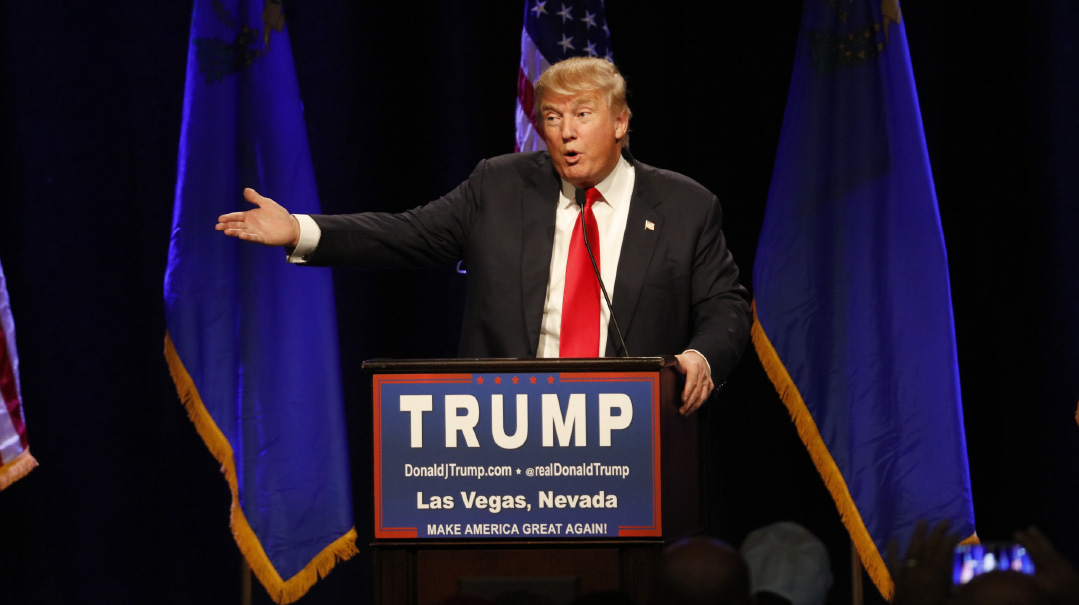Just Say No to Debates

Since they’re mainly political theater, the show can go on, even when only the understudies show up

The first scheduled presidential debate for Republican primary candidates is three months away.
Does anyone care?
The headline performer, Donald Trump, announced he will be a no-show. You can’t blame him. Trump’s sizable lead in the polls over every other candidate, declared and undeclared, confers an aura of inevitability on the former president. Why grant the others the credibility of appearing onstage with an ex-president? Also, by shunning the debates, Trump can shield himself from embarrassing questions related to his various legal woes that reflect on his fitness to serve again.
For their part, the Democrats have no debates scheduled, even though the two candidates challenging President Joe Biden are itching for the opportunity to match wits with an incumbent who needs cue cards and teleprompters to answer questions posed to him in advance.
Between 25% to 33% of Americans typically tune into at least one presidential debate, but whether it influences their decisions or simply serves as entertainment is debatable.
The Commission on Presidential Debates, which has been sponsoring candidates’ debates since 1988, cites a 2016 survey showing that 63% of voters found the debates either very helpful or somewhat helpful in determining their choices.
However, Scientific American cited 2019 research conducted by Vincent Pons, an associate professor at Harvard Business School, who followed 56 televised debates on 31 elections in seven countries, including the US, UK, Canada, and Germany. His conclusions: “Debates neither helped undecided voters to make up their mind nor caused those who had already decided to switch candidates.”
Recent presidential debates have been tainted by biased moderators posing “gotcha” questions to candidates who have been coached to monotonously stick to rehearsed talking points, awaiting an opportune time to sting opponents with a scripted zinger.
As soon as a debate ends, amateur commentary goes viral on social media, while pundits and campaign surrogates make a mad dash to their respective “spin rooms” to declare their choices as the “hands-down” winners, denigrate their opponents, or activate damage control to correct any perceived gaffes.
Perhaps the debates would be taken more seriously if instead of all this, TV networks assembled a panel of experts to soberly grade candidates’ performances based on the rules promulgated by the National Speech and Debate Association, which focus on style, content, and strategy,
Ideally, viewers should walk away well-informed on the issues and the stances of the various candidates, with a strong sense of how articulate and persuasive the candidates were and how well they performed under pressure.
If debates were structured to deliver on these objectives, then there would be a price to pay for skipping them.
Since they’re mainly political theater, the show can go on, even when only the understudies show up.
(Originally featured in Mishpacha, Issue 960)
Oops! We could not locate your form.







